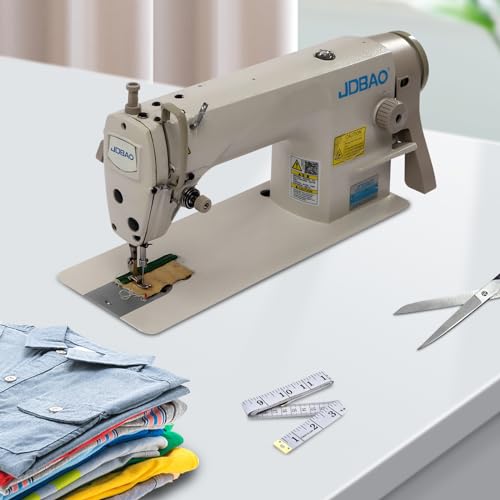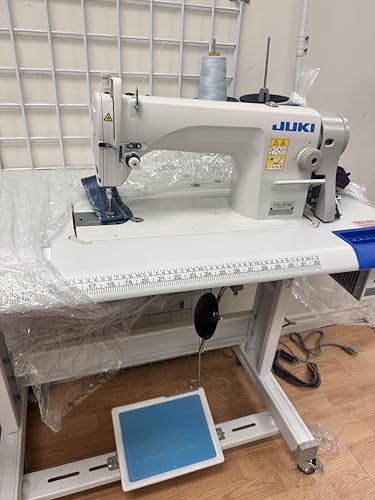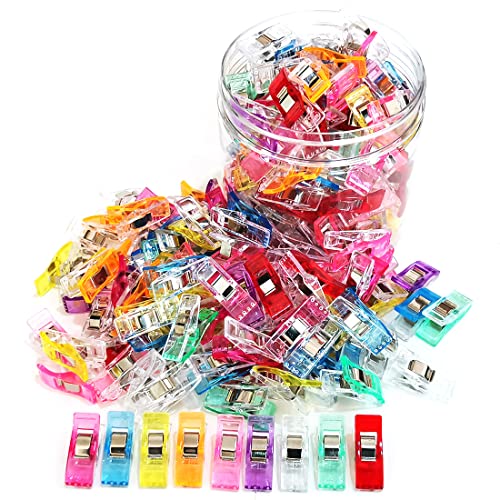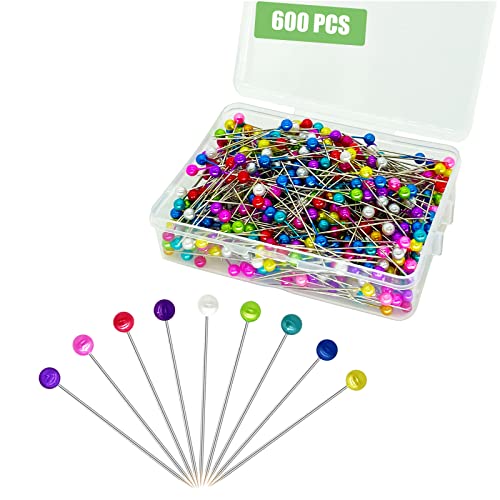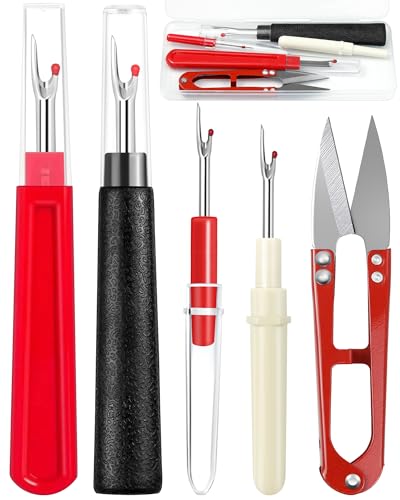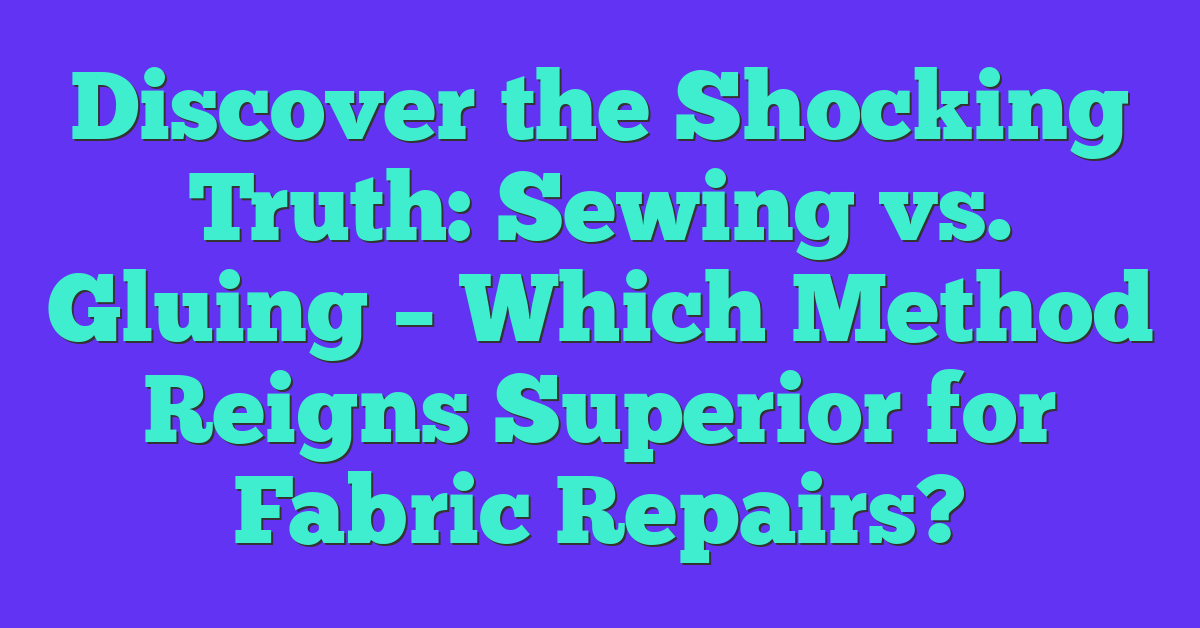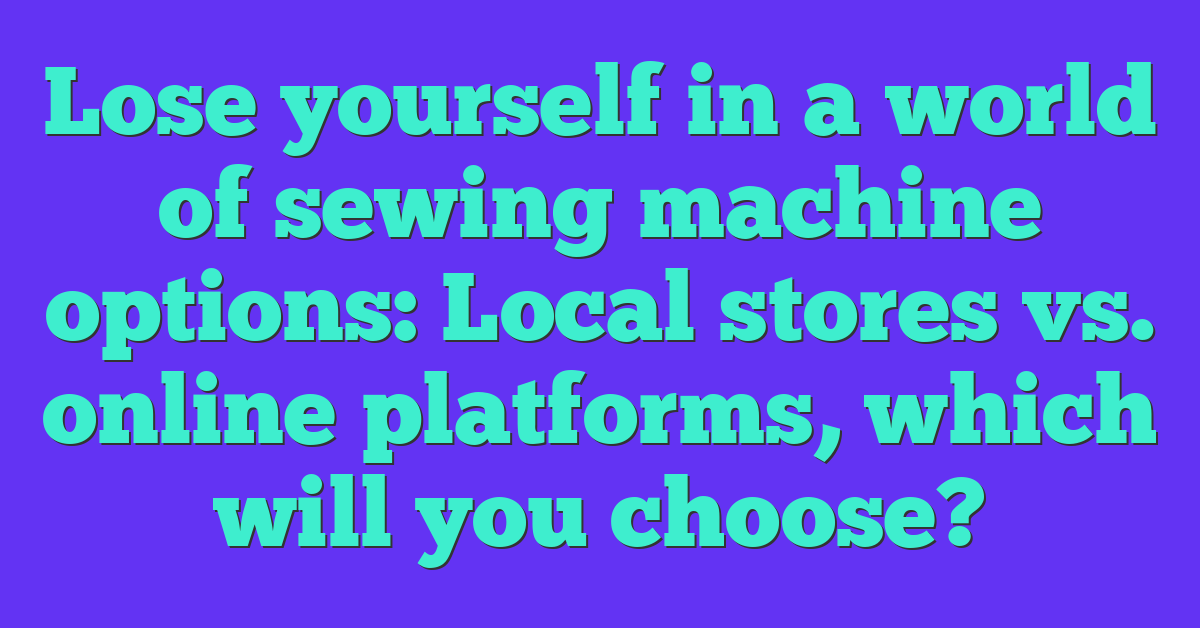Are you in the market for an industrial sewing machine? Whether you’re a seasoned professional or just starting out, finding the right machine can make all the difference in your projects. Industrial sewing machines offer durability, speed, and precision that home models simply can’t match.
Imagine breezing through heavy fabrics like denim or leather with ease. With the right industrial sewing machine, you can take on more complex projects and even boost your business productivity. Let’s explore what makes these machines a worthwhile investment and how to choose the perfect one for your needs.
Types of Industrial Sewing Machines
Understanding the types of industrial sewing machines helps you choose the best one for your specific needs. Each type has distinct features tailored for specific tasks.
Lockstitch Machines
Lockstitch machines are commonly used for sewing straight stitches. They produce stitches by interlocking two threads, creating a neat and durable seam. These machines are ideal for high-speed production, often used in garment assembly. Popular models include Juki DDL-8700 and Brother PQ1500SL. The lockstitch mechanism ensures sturdy fabric bonds, perfect for general fabric construction.
Overlock Sewing Machines
Overlock sewing machines, often called sergers, trim excess fabric and encase the seam edge as they sew. They use multiple threads to create strong, stretchy seams. Overlock machines are perfect for knitwear and creating clean, professional finishes. Brands like Singer ProFinish and Janome 8002D are widely used. These machines increase efficiency by combining multiple sewing tasks into one step.
Coverstitch Machines
Coverstitch machines specialize in creating hems, binding edges, and adding decorative stitching. They use multiple needles and threads, producing durable and elastic hems. Commonly used in sportswear and t-shirts, this machine is essential for professional hemming. Models such as Brother CV3440 and Janome CoverPro 1000CPX are popular. Coverstitch machines ensure high-quality finishes, enhancing the garment’s appearance and durability.
Key Features to Consider When Buying
When acquiring an industrial sewing machine, several key aspects can significantly impact your sewing efficiency and output quality.
Stitching Speed
Stitching speed measures how fast an industrial sewing machine sews. Speed typically ranges between 1,000 to 5,000 stitches per minute (SPM). Higher speeds are advantageous for production environments where time efficiency is crucial. For instance, the Juki DDL-8700 reaches speeds up to 5,500 SPM, making it ideal for high-volume tasks. Before making a purchase, match the machine’s speed to your production needs.
Needle Positioning System
A needle positioning system ensures the needle stops in a specific position (up or down) when you halt sewing. This feature is vital for precision and control, especially in tasks that require frequent turning or quick adjustments. Machines like the Brother CV3440 include advanced needle positioning, aiding in achieving consistent stitch patterns and reducing manual adjustments.
Table and Motor Type
The table and motor type affect an industrial sewing machine’s stability and power. Clutch motors offer more significant power and are necessary for heavy-duty fabrics, but they’re noisier. Servo motors, found in models like the Singer ProFinish, deliver quieter operation and precise speed control, making them suitable for detailed sewing work. Select a machine with the appropriate motor type for your fabric and operational needs. The table should be sturdy, providing a stable platform to minimize vibrations during high-speed sewing.
Top Brands of Industrial Sewing Machines
Finding a reliable brand of industrial sewing machine ensures durability and performance. Let’s delve into some of the top brands offering exceptional machines.
Juki
Juki stands out for its advanced technology and robust build. Known for models like the DDL-8700, Juki machines excel in high-speed operations and precision. They are particularly effective for medium to heavy fabrics due to their sturdy construction. Juki’s automatic thread trimming and direct-drive motors enhance productivity. Many factories favor Juki for its reliability and long service life.
Singer
Singer remains a household name, even in the industrial domain. Models like the Singer 191D-30 offer versatility for various fabrics and stitching needs. Singer machines are user-friendly, with features like adjustable stitch length and presser foot pressure. They often include built-in needle threaders and high-speed capabilities, making them suitable for both high-volume production and intricate detail work.
Brother
Brother industrial sewing machines are renowned for their innovation and ease of use. The Brother PQ1500SL, for example, is ideal for quilting and heavy fabric projects. Brother machines typically feature advanced needle threading systems, high-speed stitching, and multiple stitch functions. They are favored in settings where adaptability and efficiency are crucial, such as custom garment shops and small-scale production facilities.
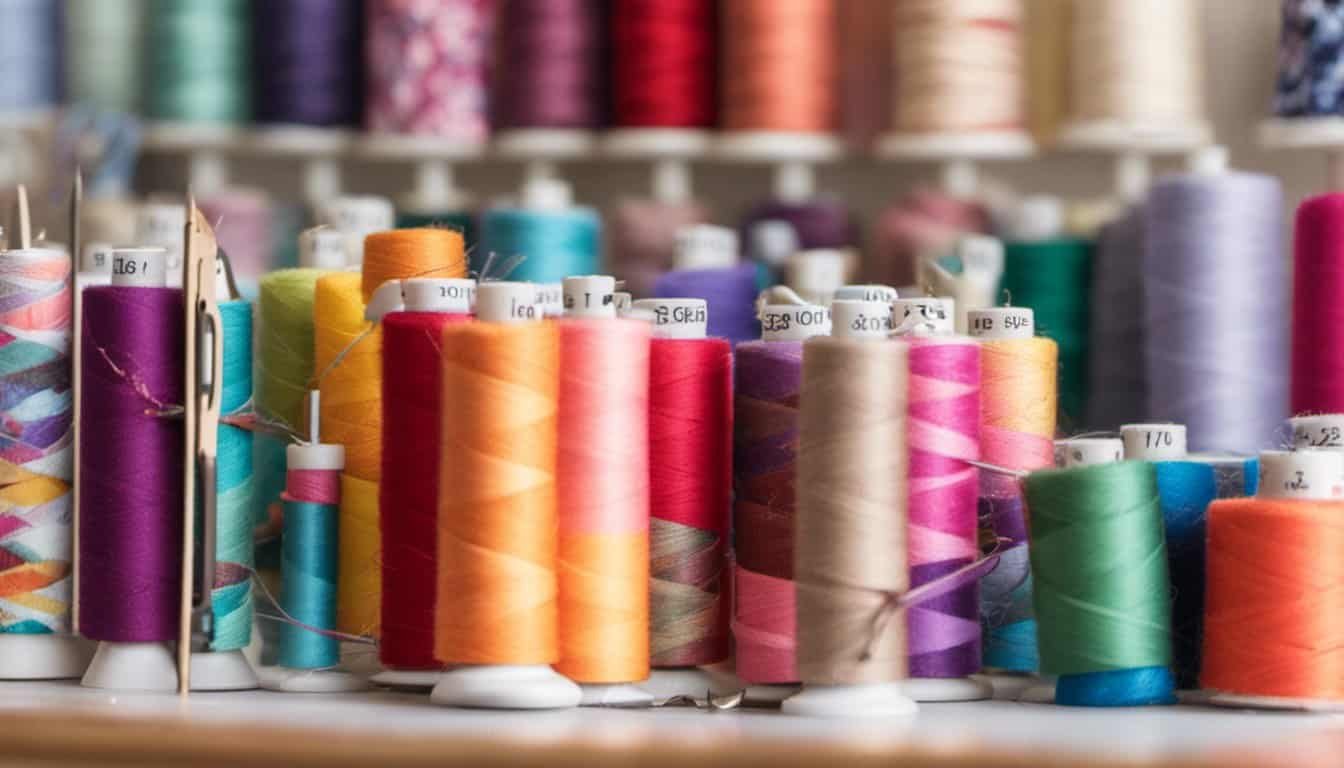
Where to Buy Industrial Sewing Machines
Finding the right place to buy industrial sewing machines ensures you get the best value and support.
Online Retailers
Several online retailers specialize in industrial sewing machines. Websites like Amazon, eBay, and SewingMachinesPlus offer a wide selection of top brands like Juki, Singer, and Brother. You can read customer reviews, compare prices, and often find discounts or special offers. It’s crucial to check the seller’s credibility and warranty policies. For specialized models, visit dedicated sites like IndustrialSewingMachines.com, providing detailed product info and expert advice.
Local Distributors
Local distributors can offer personalized service and immediate assistance. Stores like Joann Fabrics and Michaels often stock high-quality industrial sewing machines and can provide hands-on demonstrations. Many local sewing machine repair shops also act as distributors, offering both new machines and maintenance services. Building a relationship with a local distributor can lead to customized support, training, and easy access to spare parts. Ensure the distributor has a good reputation and offers after-sales services.
Maintenance and Care Tips
Industrial sewing machines need proper care to ensure longevity and peak performance. Following these maintenance tips will keep your machine in excellent condition.
Routine Cleaning
Clean the machine after each use to prevent buildup. Dust and lint accumulate, affecting performance. Use a brush to sweep away debris from the needle plate, feed dogs, and bobbin area. Alcohol-based cleaners are effective for removing oil and grime from the exterior surfaces.
Regular Servicing
« Amazing Deals on Sewing Machines for Sale in 2023: Unlock Your Creative Potential
Unlock Your Creative Potential: The Ultimate Guide on How to Use a Brother Sewing Machine »
Schedule professional maintenance every six months to avoid major issues. Regular servicing includes oiling, tension adjustments, and thorough inspections by a qualified technician. Check the manufacturer’s manual for specific intervals and recommended lubricants.
Conclusion
Investing in an industrial sewing machine can truly transform your sewing projects. With their robust build and advanced features, these machines offer incredible performance and efficiency. Whether you’re working with heavy fabrics or require precision stitching, there’s a model out there to meet your needs. Don’t forget to consider top brands like Juki, Singer, and Brother for their reliable technology.
Remember, proper maintenance is key to keeping your machine in top shape. Regular cleaning and scheduled professional servicing will ensure it runs smoothly for years to come. Happy sewing!


